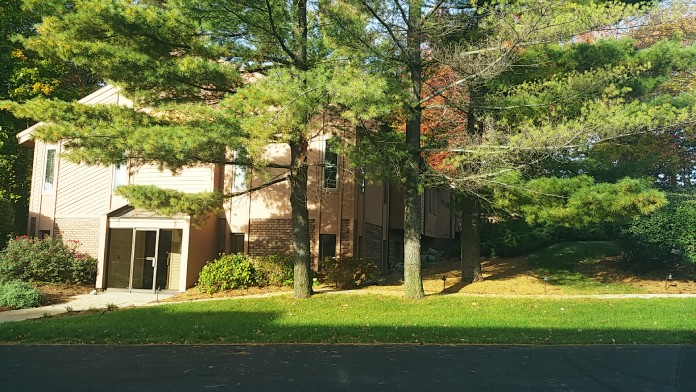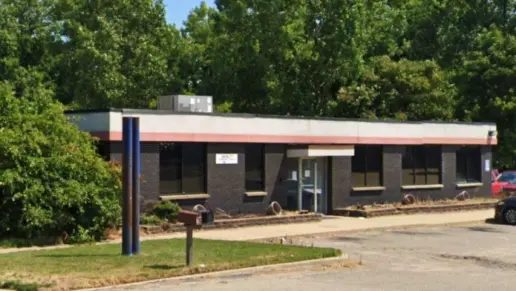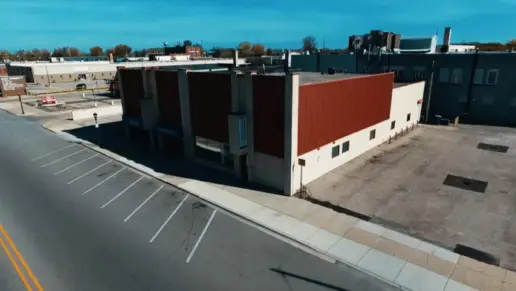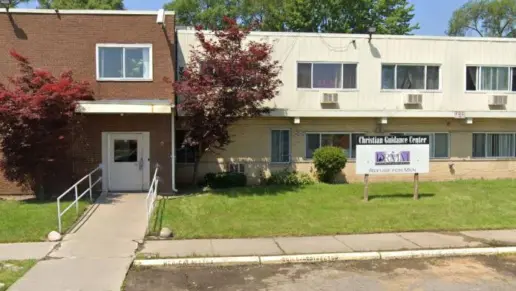About Psychology Associates – Grand Rapids
You can find comprehensive addiction treatment services customized to your unique needs at Psychology Associates of Grand Rapids in Grand Rapids, Michigan. Their staff of licensed therapists is dedicated to offering individualized counseling and evaluation services along with flexible scheduling.
They offer a variety of consultation services in addition to addiction treatment. Services include employee management, medical consultation, conflict resolution as well as industrial or organizational support and church consultation. They are skilled in treating a range of personality and mood disorders, chronic pain and trauma recovery. They specialize in eye movement desensitization and reprocessing (EMDR), a tried and true method of treating trauma and distress.
This institution which was founded in 1980 has a long history of providing the West Michigan region with quality psychological services. Their independent contractors and professional staff come from a variety of backgrounds including social work, psychology and psychiatry as well as marriage and family counseling and pastoral counseling. To guarantee that you receive skilled care all therapists possess the required certifications and licenses.
This facility’s psychologists are certified to conduct and interpret psychological tests that offer standardized objective assessments of mood, adaptive functioning, personality and abilities. In order to provide a thorough assessment of your mental health needs their psychological assessment method incorporates knowledge of your past, your present and your test results.
Their outpatient psychological services are covered by many insurance companies, and they are covered by many managed care providers. In order to guarantee that your access to critical mental health services is not impeded by financial concerns, they will collaborate with you to investigate special fee and payment arrangements if needed. They are also prepared to help you with your reimbursement claim.
Latest Reviews
Rehab Score
Gallery

Location
Other Forms of Payment
Self-pay involves paying for treatment out of your own pocket. You can use savings or credit, get a personal loan, or receive help from family and friends to fund your treatment. If you don't have insurance or your insurance plan doesn't cover a specific program, self-pay can help ensure you still get the care you need.
Private insurance refers to any kind of healthcare coverage that isn't from the state or federal government. This includes individual and family plans offered by an employer or purchased from the Insurance Marketplace. Every plan will have different requirements and out of pocket costs so be sure to get the full details before you start treatment.
Addiction Treatments
Levels of Care
Treatments
Mental health rehabs focus on helping individuals recover from mental illnesses like bipolar disorder, clinical depression, anxiety disorders, schizophrenia, and more. Mental health professionals at these facilities are trained to understand and treat mental health issues, both in individual and group settings.
Programs


Clinical Services
Whether a marriage or other committed relationship, an intimate partnership is one of the most important aspects of a person's life. Drug and alcohol addiction affects both members of a couple in deep and meaningful ways, as does rehab and recovery. Couples therapy and other couples-focused treatment programs are significant parts of exploring triggers of addiction, as well as learning how to build healthy patterns to support ongoing sobriety.
EMDR is a therapeutic modality originally developed to help process trauma. In an EMDR session, a patient is prompted to undergo eye movements that mimic those of REM sleep. This is accomplished by watching a therapist's finger move back and forth across, or following a bar of light. The goal is repetitive sets of eye movements that help the brain reprocess memory, which can significantly reduce the intensity of remembered traumatic incidents. Associated memories can heal simultaneously, leaving patients significantly calmer, more stable, and more emotionally relaxed.
Research clearly demonstrates that recovery is far more successful and sustainable when loved ones like family members participate in rehab and substance abuse treatment. Genetic factors may be at play when it comes to drug and alcohol addiction, as well as mental health issues. Family dynamics often play a critical role in addiction triggers, and if properly educated, family members can be a strong source of support when it comes to rehabilitation.
Group therapy is any therapeutic work that happens in a group (not one-on-one). There are a number of different group therapy modalities, including support groups, experiential therapy, psycho-education, and more. Group therapy involves treatment as well as processing interaction between group members.
In individual therapy, a patient meets one-on-one with a trained psychologist or counselor. Therapy is a pivotal part of effective substance abuse treatment, as it often covers root causes of addiction, including challenges faced by the patient in their social, family, and work/school life.
Recreational therapy (aka therapeutic recreation) uses creative and fun activities to help with addiction recovery. Recreational therapists lead patients in entertaining and engaging activities like sports or games; art (drawing, painting, sculpture); drama, music, and dance; and/or community outings (field trips) to improve patients' physical, social, and emotional well-being.
Trauma therapy addresses traumatic incidents from a client's past that are likely affecting their present-day experience. Trauma is often one of the primary triggers and potential causes of addiction, and can stem from child sexual abuse, domestic violence, having a parent with a mental illness, losing one or both parents at a young age, teenage or adult sexual assault, or any number of other factors. The purpose of trauma therapy is to allow a patient to process trauma and move through and past it, with the help of trained and compassionate mental health professionals.
Contact Information
1000 Parchment Drive SE
Grand Rapids, MI 49546


